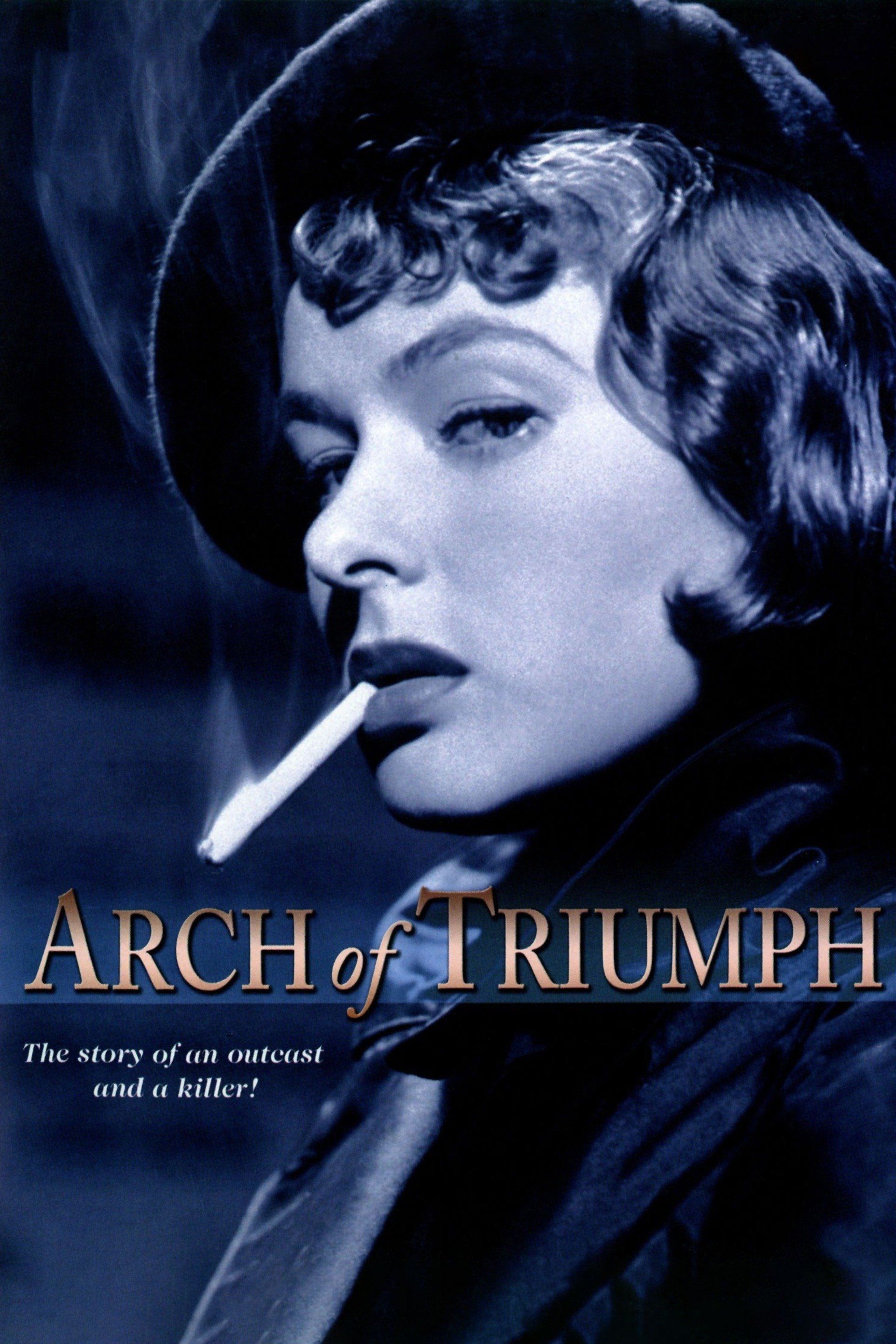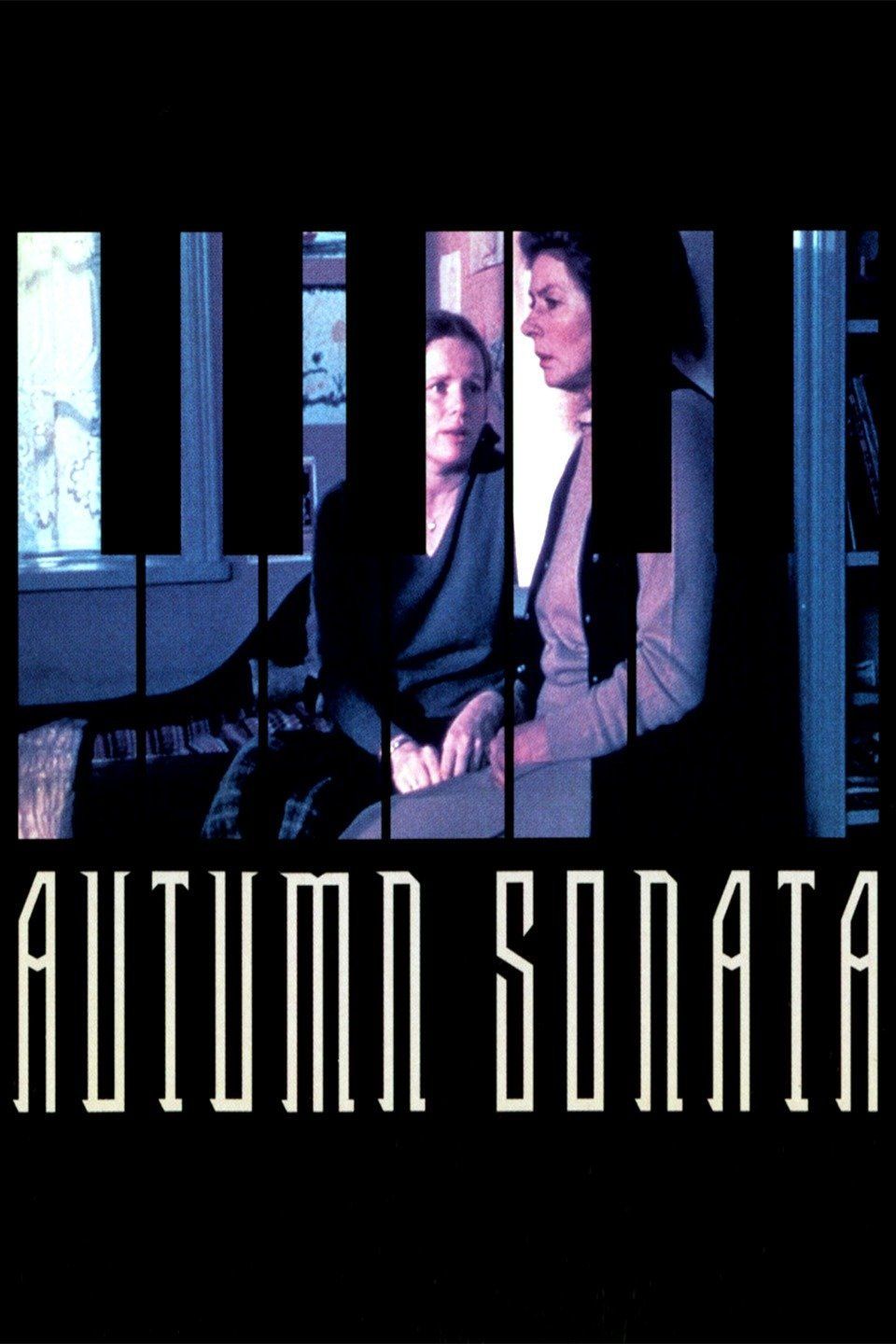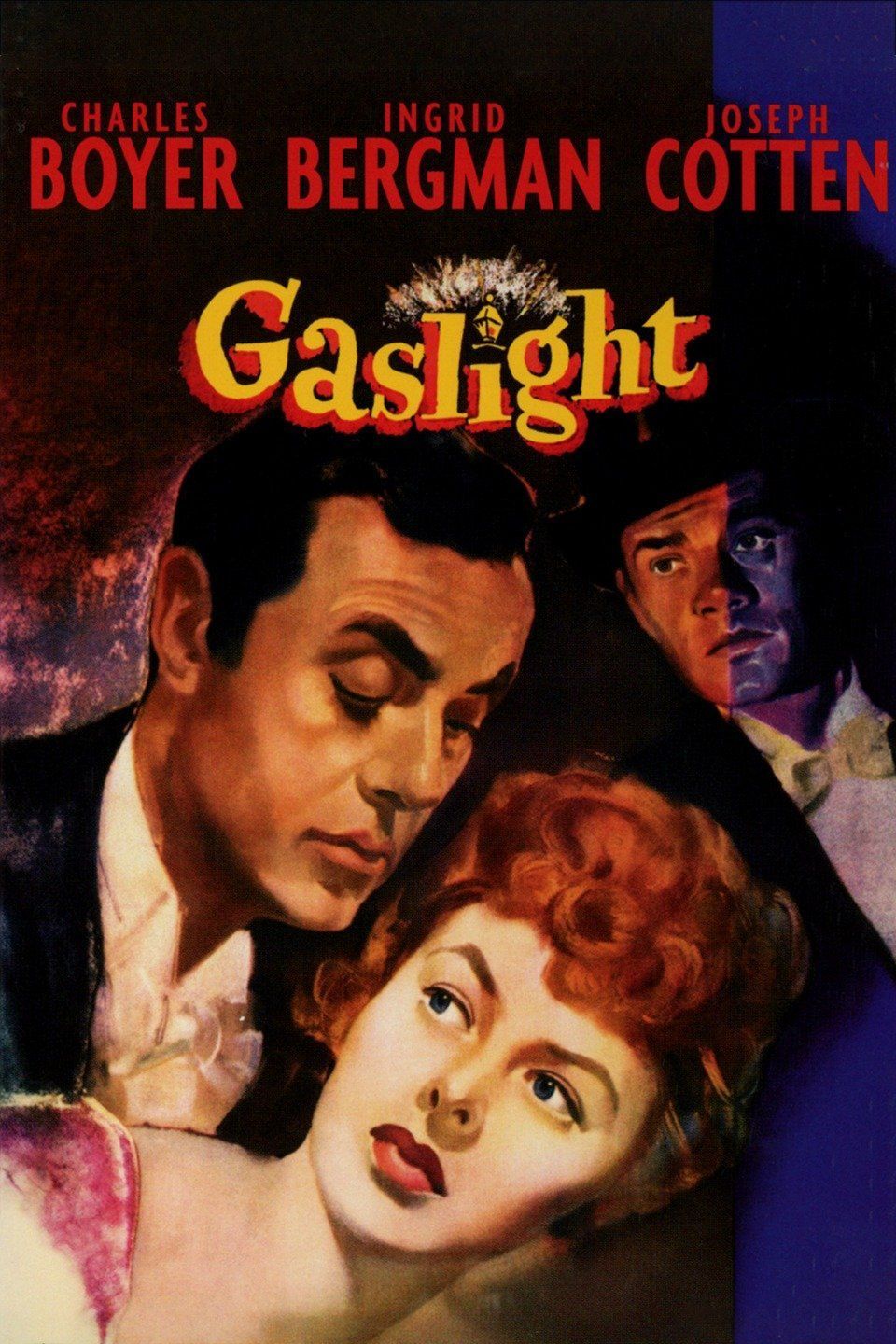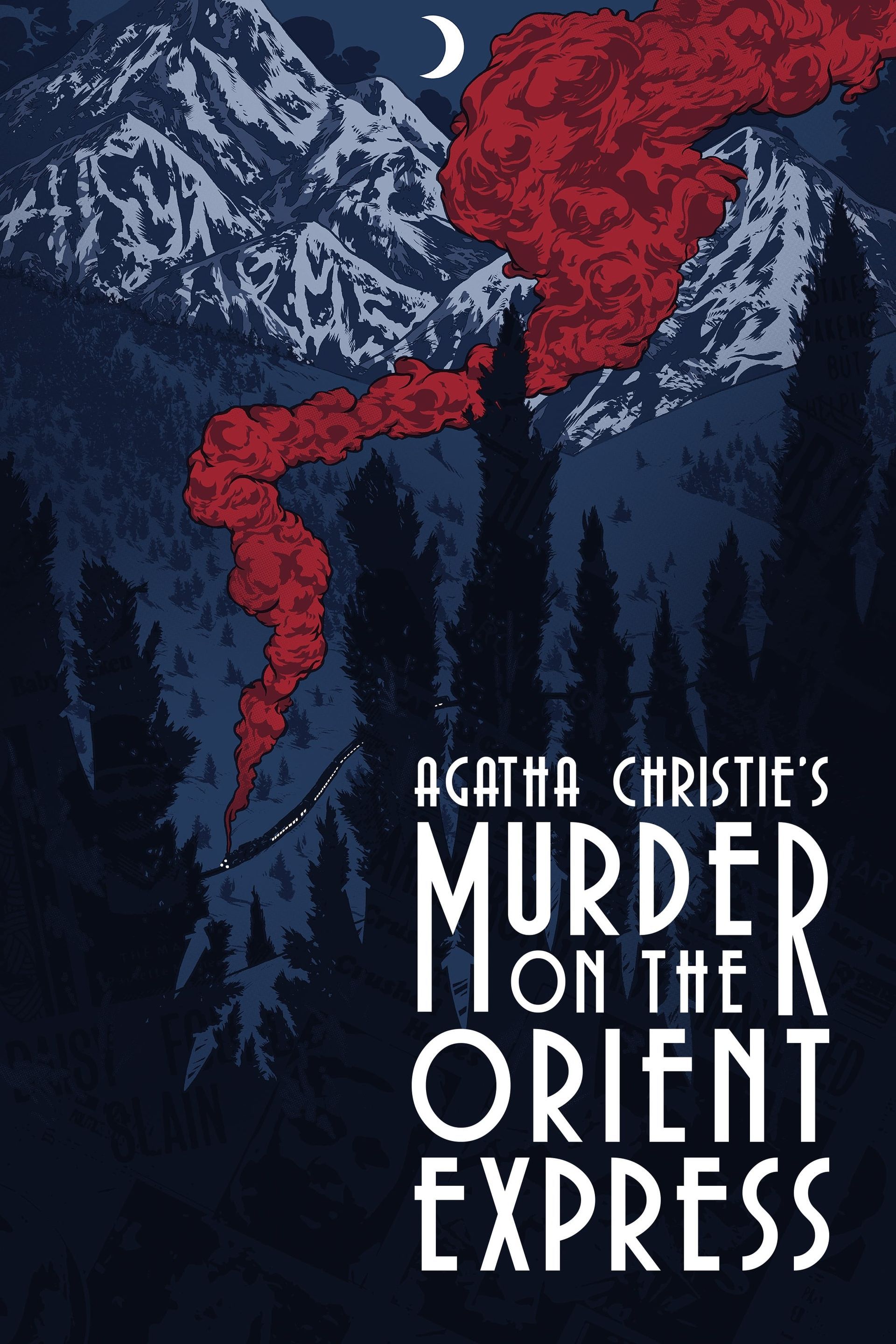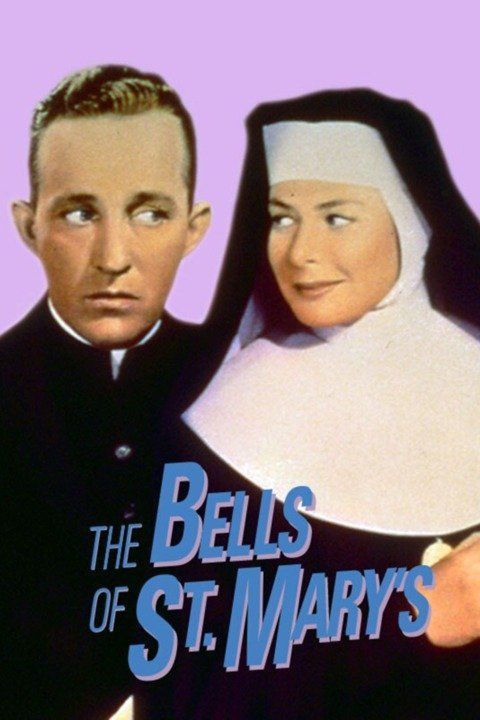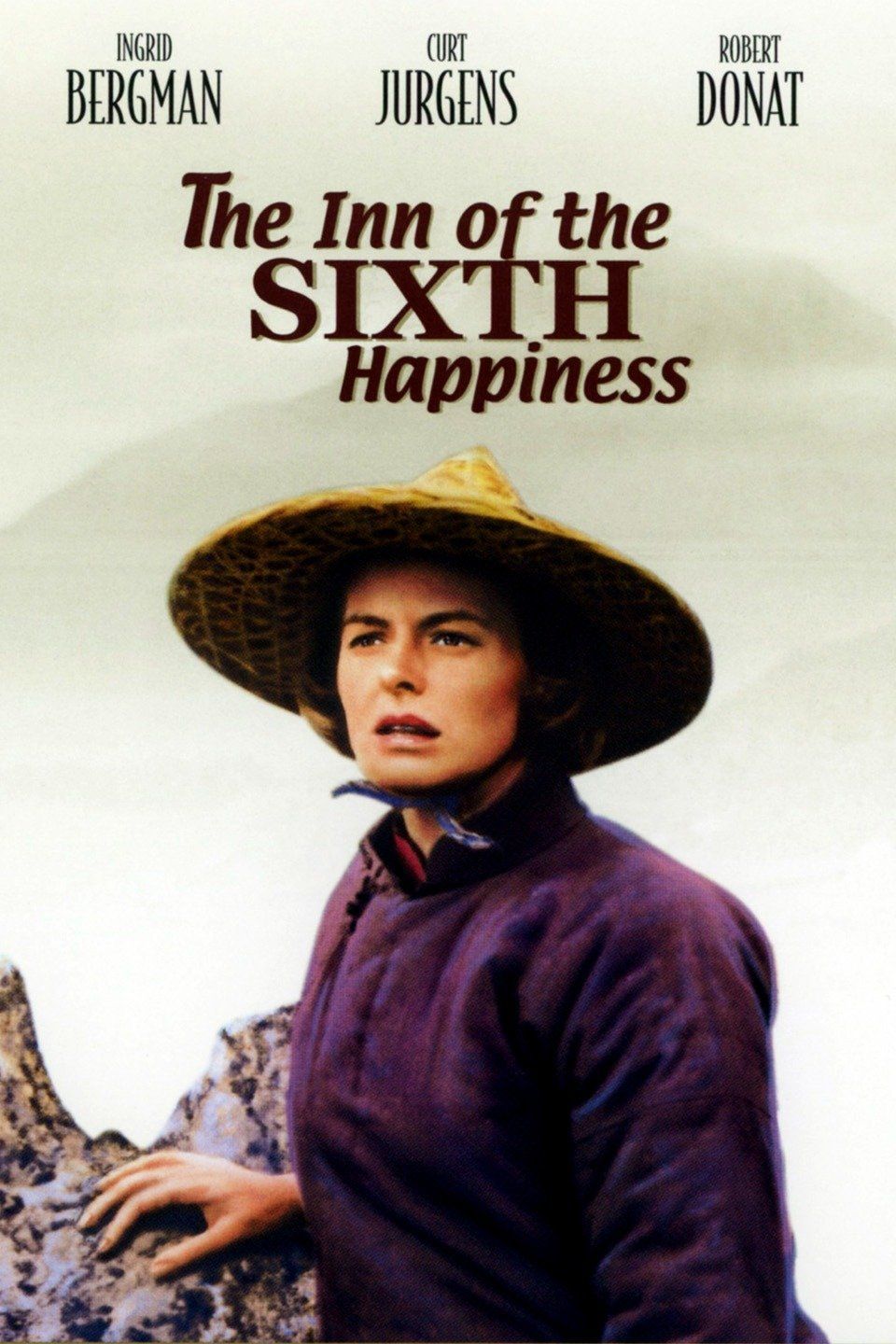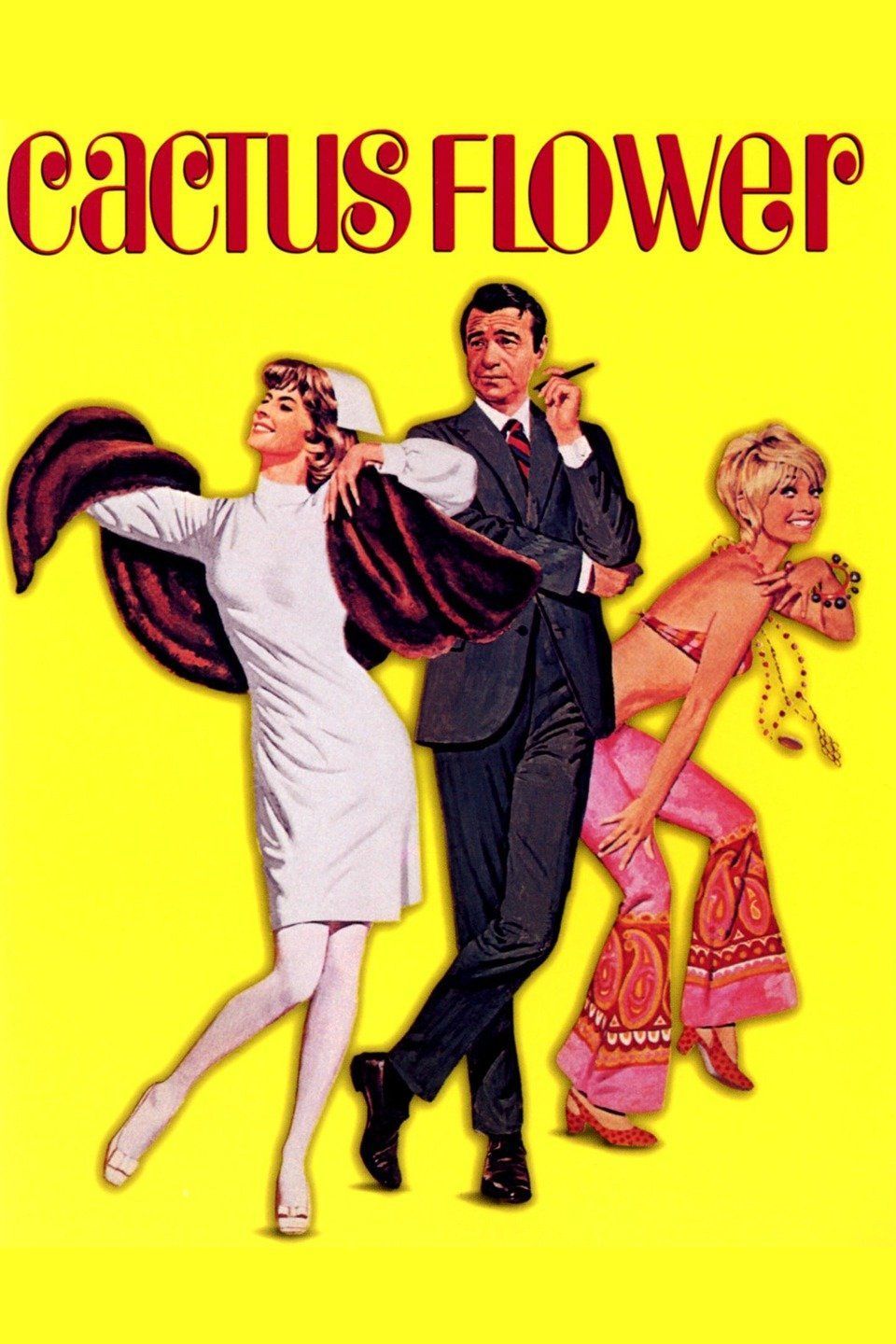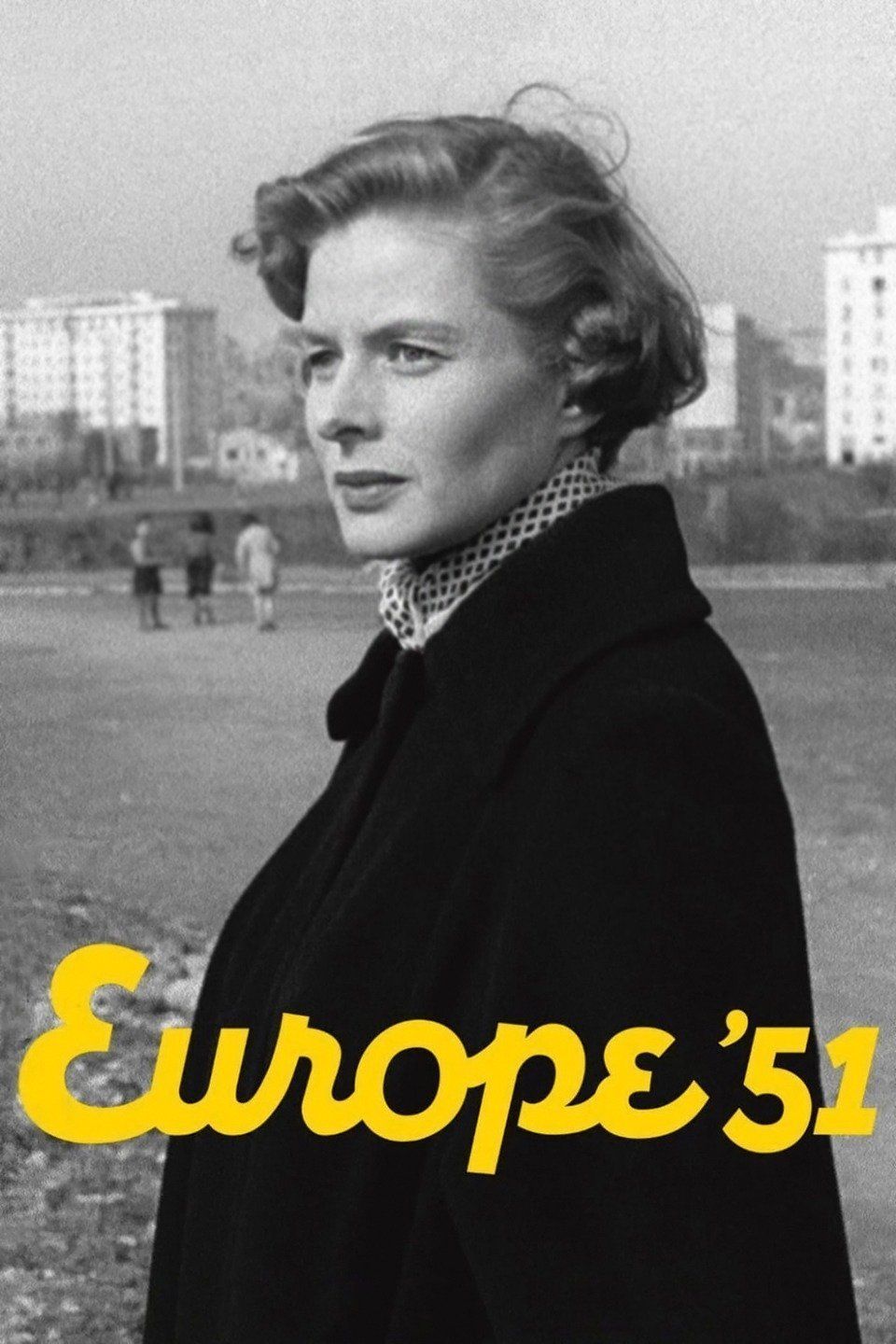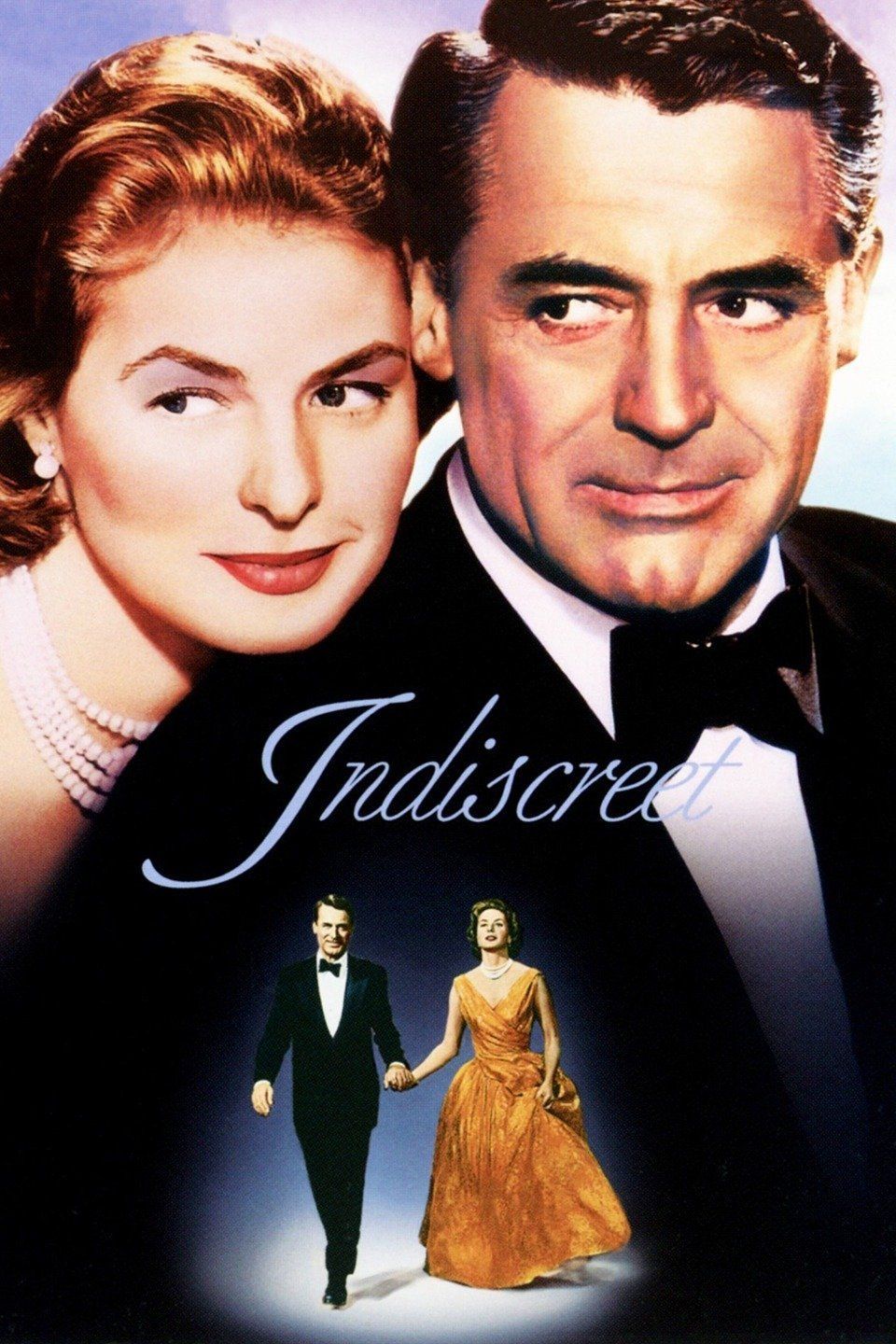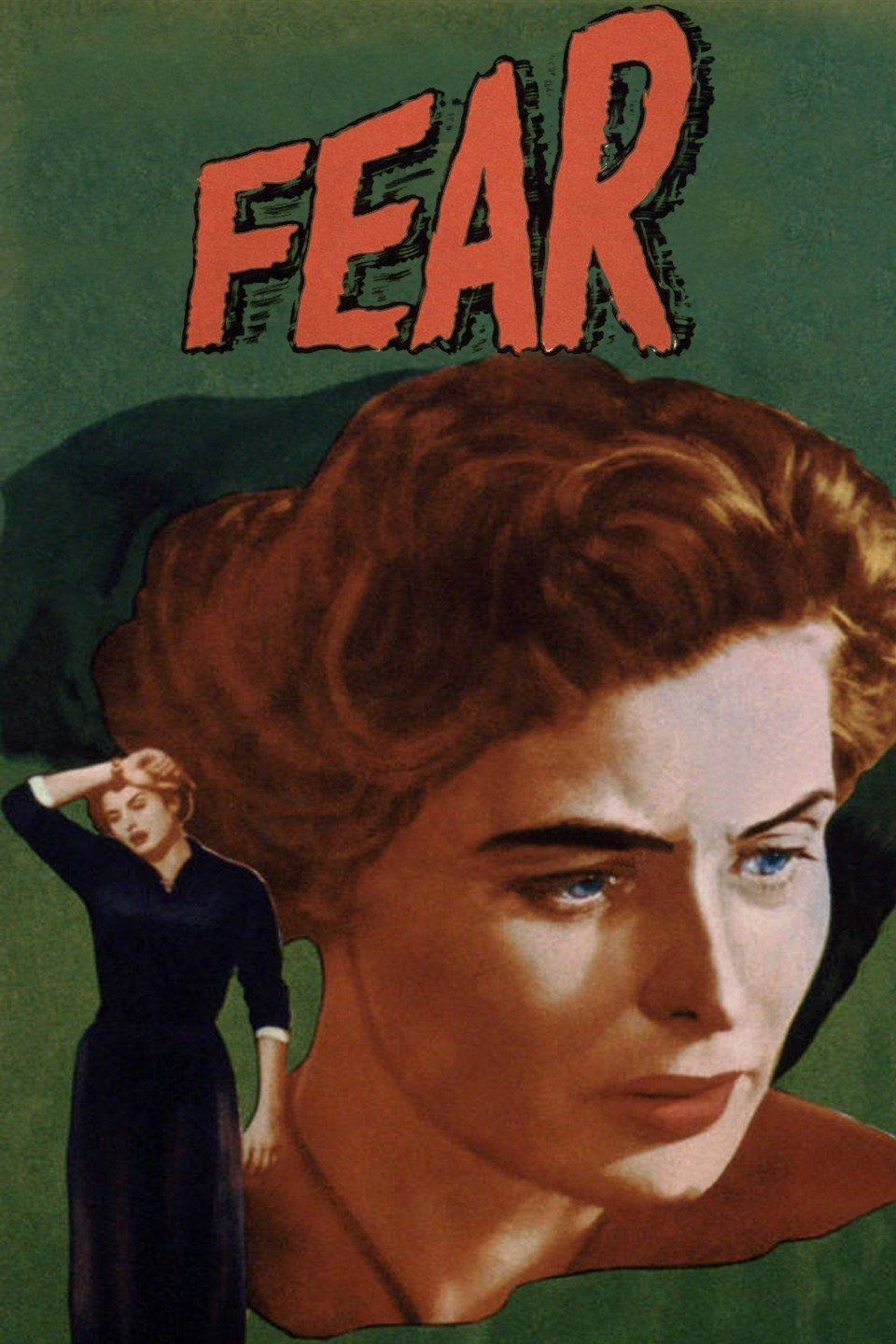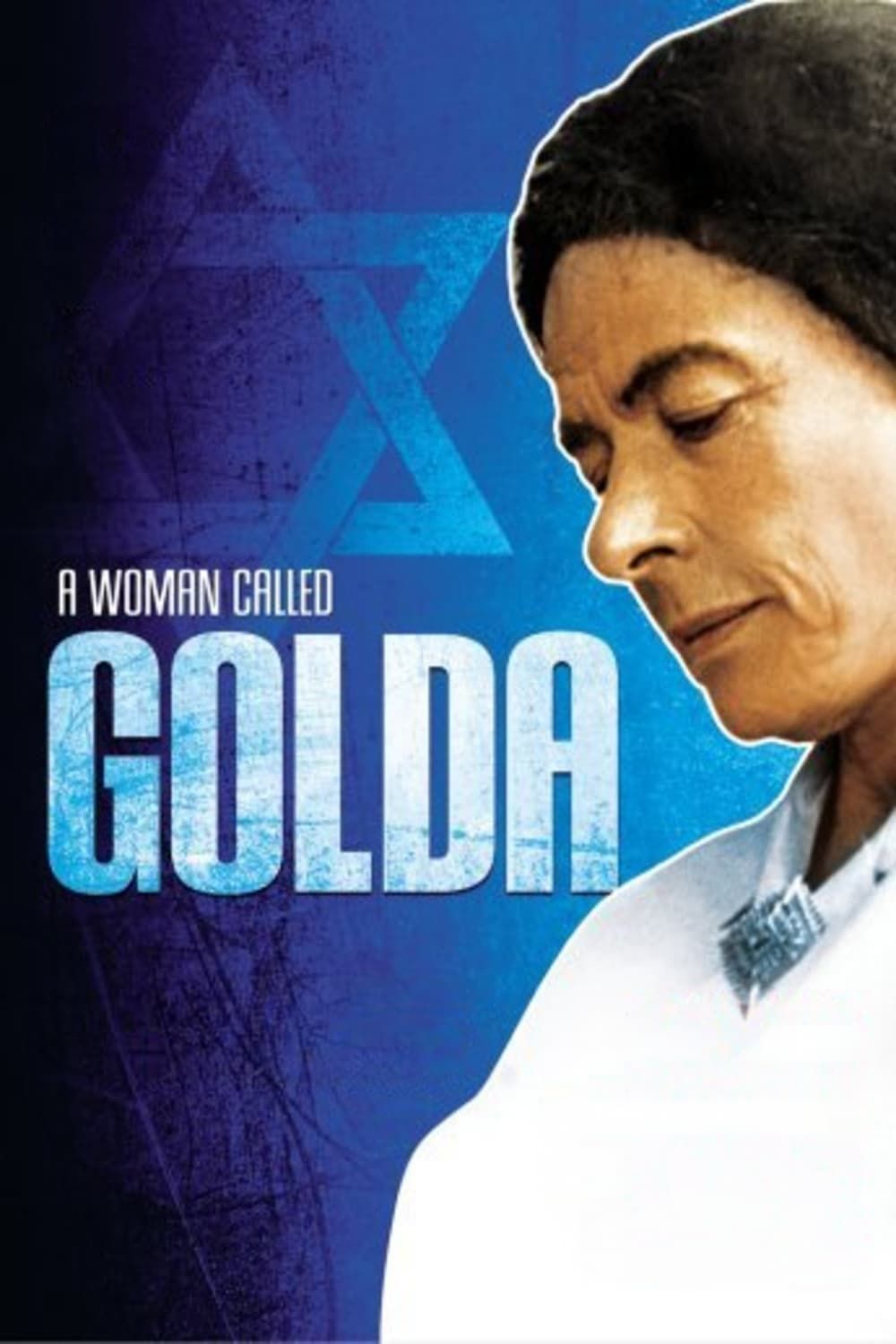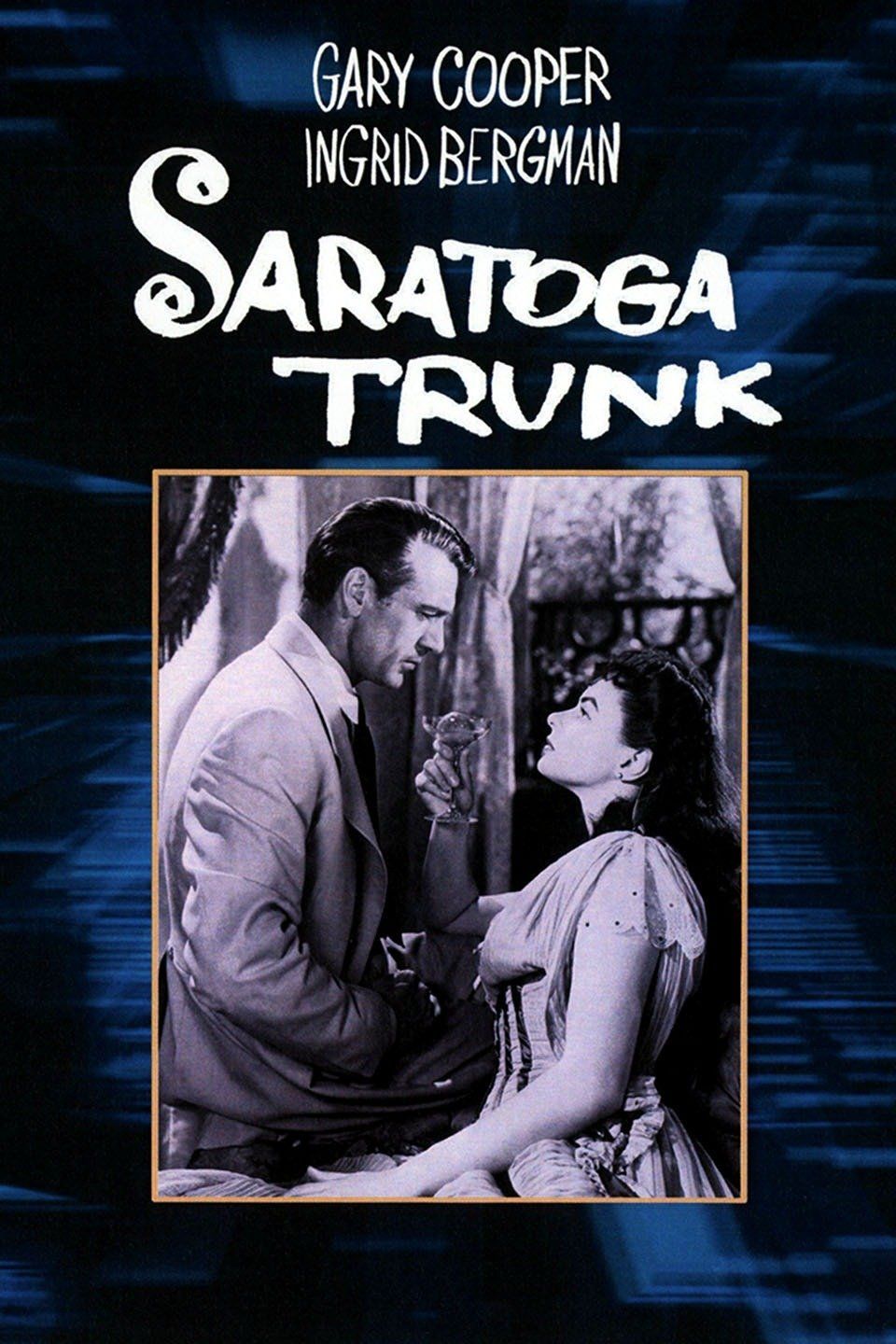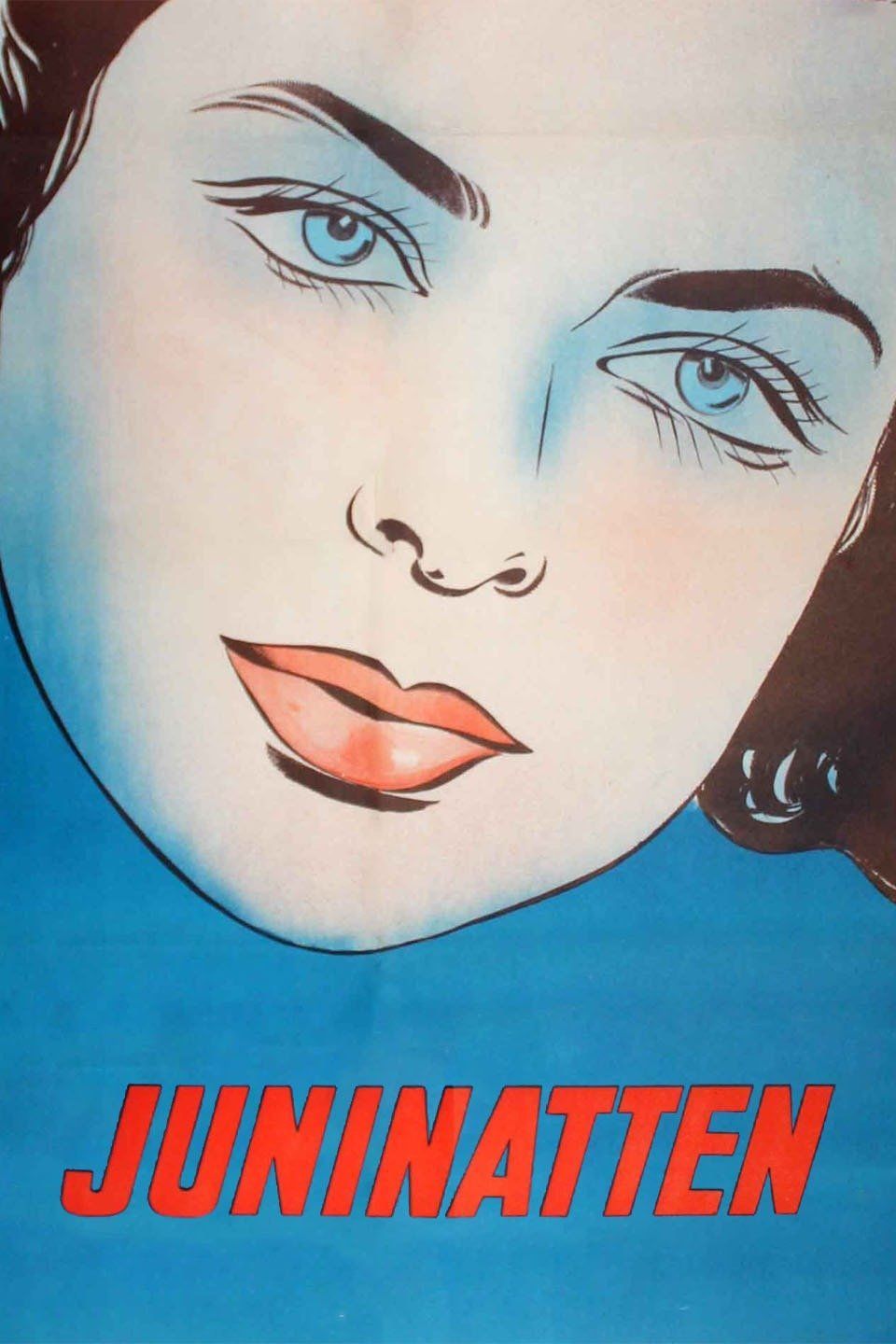IB

Ingrid Bergman
Herec, Producent
Born August 29, 1915Died August 29, 1982 (67 years)
Ingrid Bergman (August 29, 1915 – August 29, 1982) was a Swedish actress who starred in a variety of European and American films, television movies, and plays. With a career spanning five decades, she is often regarded as one of the most influential screen figures in cinematic history.
According to the St. James Encyclopedia of Popular Culture, upon her arrival in the U.S. Bergman quickly became "the ideal of American womanhood" and a contender for Hollywood's greatest leading actress. David O. Selznick once called her "the most completely conscientious actress" he had ever worked with. In 1999, the American Film Institute recognised Bergman as the fourth greatest female screen legend of Classic Hollywood Cinema.
She won numerous accolades, including three Academy Awards, two Primetime Emmy Awards, a Tony Award, four Golden Globe Awards, BAFTA Award and a Volpi Cup. She is one of only four actresses to have received at least three acting Academy Awards (only Katharine Hepburn has four).
Born in Stockholm to a Swedish father and a German mother, Bergman began her acting career in Swedish and German films. Her introduction to the U.S. audience came in the English-language remake of Intermezzo (1939). Known for her naturally luminous beauty, she starred in Casablanca (1942) as Ilsa Lund, her most famous role, opposite Humphrey Bogart. Bergman's notable performances in the 1940s include the dramas For Whom the Bell Tolls (1943), Gaslight (1944), The Bells of St. Mary's (1945), and Joan of Arc (1948), all of which earned her nominations for the Academy Award for Best Actress; she won for Gaslight. She made three films with Alfred Hitchcock: Spellbound (1945), with Gregory Peck, Notorious (1946), opposite Cary Grant and Under Capricorn (1949), alongside Joseph Cotten.
In 1950, she starred in Roberto Rossellini's Stromboli, released after the revelation she was having an affair with Rossellini; that and her pregnancy prior to their marriage created a scandal in the U.S. that prompted her to remain in Europe for several years. During this time she starred in Rossellini's Europa '51 and Journey to Italy (1954), now critically acclaimed, the former of which won her the Volpi Cup for Best Actress. She had a successful return to working for a Hollywood studio in Anastasia (1956), winning her second Academy Award for Best Actress. Soon after, she co-starred with Grant in the romance Indiscreet (1958). In 1969, she starred in the acclaimed and highly successful film Cactus Flower. In later years, Bergman won her third Academy Award, this one for Best Supporting Actress, for her role in Murder on the Orient Express (1974). In 1978, she starred in Ingmar Bergman's (no relation) Swedish Autumn Sonata receiving her sixth Best Actress nomination. Bergman spoke five languages – Swedish, English, German, Italian and French – and acted in each.
In her final role, she portrayed the late Israeli Prime Minister Golda Meir in the television miniseries A Woman Called Golda (1982) for which she posthumously won her second Emmy Award for Best Actress. In 1974, Bergman discovered she was suffering from breast cancer but continued to work until shortly before her death on her sixty-seventh birthday.
According to the St. James Encyclopedia of Popular Culture, upon her arrival in the U.S. Bergman quickly became "the ideal of American womanhood" and a contender for Hollywood's greatest leading actress. David O. Selznick once called her "the most completely conscientious actress" he had ever worked with. In 1999, the American Film Institute recognised Bergman as the fourth greatest female screen legend of Classic Hollywood Cinema.
She won numerous accolades, including three Academy Awards, two Primetime Emmy Awards, a Tony Award, four Golden Globe Awards, BAFTA Award and a Volpi Cup. She is one of only four actresses to have received at least three acting Academy Awards (only Katharine Hepburn has four).
Born in Stockholm to a Swedish father and a German mother, Bergman began her acting career in Swedish and German films. Her introduction to the U.S. audience came in the English-language remake of Intermezzo (1939). Known for her naturally luminous beauty, she starred in Casablanca (1942) as Ilsa Lund, her most famous role, opposite Humphrey Bogart. Bergman's notable performances in the 1940s include the dramas For Whom the Bell Tolls (1943), Gaslight (1944), The Bells of St. Mary's (1945), and Joan of Arc (1948), all of which earned her nominations for the Academy Award for Best Actress; she won for Gaslight. She made three films with Alfred Hitchcock: Spellbound (1945), with Gregory Peck, Notorious (1946), opposite Cary Grant and Under Capricorn (1949), alongside Joseph Cotten.
In 1950, she starred in Roberto Rossellini's Stromboli, released after the revelation she was having an affair with Rossellini; that and her pregnancy prior to their marriage created a scandal in the U.S. that prompted her to remain in Europe for several years. During this time she starred in Rossellini's Europa '51 and Journey to Italy (1954), now critically acclaimed, the former of which won her the Volpi Cup for Best Actress. She had a successful return to working for a Hollywood studio in Anastasia (1956), winning her second Academy Award for Best Actress. Soon after, she co-starred with Grant in the romance Indiscreet (1958). In 1969, she starred in the acclaimed and highly successful film Cactus Flower. In later years, Bergman won her third Academy Award, this one for Best Supporting Actress, for her role in Murder on the Orient Express (1974). In 1978, she starred in Ingmar Bergman's (no relation) Swedish Autumn Sonata receiving her sixth Best Actress nomination. Bergman spoke five languages – Swedish, English, German, Italian and French – and acted in each.
In her final role, she portrayed the late Israeli Prime Minister Golda Meir in the television miniseries A Woman Called Golda (1982) for which she posthumously won her second Emmy Award for Best Actress. In 1974, Bergman discovered she was suffering from breast cancer but continued to work until shortly before her death on her sixty-seventh birthday.
Známý pro
Ingrid Bergman Filmography
| 2025 | Roberto Rossellini, più di una vita · as Cast |
| 2022 | |
| 2022 | Becoming Marilyn · as Ilsa Lund |
| 2019 | Sunset Over Mulholland Drive · as Ilsa Lund |
| 2016 | |
| 2015 | Women He's Undressed · as Cast |
| 2011 | These Amazing Shadows · as Alicia Huberman |
| 2009 | |
| 2008 | Warner at War · as (archive Footage) |
| 2008 | Hollywood contra Franco · as María |
| 2007 | Agatha Christie: A Woman of Mystery · as Greta |
| 2006 | Boffo! Tinseltown's Bombs and Blockbusters · as Alicia Huberman |
| 1999 | ABC 2000: The Millennium · as Cast |
| 1996 | Nitrate Base · as Cast |
| 1994 | That's Entertainment! III · as (archive Footage) |
| 1993 | Theremin: An Electronic Odyssey · as Dr. Constance Petersen (archive Footage) (uncredited) |
| 1989 | When Harry Met Sally... · as Actress In Film |
| 1982 | Dead Men Don't Wear Plaid · as (in "notorious") (archive Footage) |
| 1982 | A Woman Called Golda · as Golda Meir |
| 1978 | Autumn Sonata · as Charlotte |
| 1978 | Ersatz · as Ilsa Lund (voice) (archive Sound) |
| 1976 | A Matter of Time · as Contessa Sanziani |
| 1974 | Murder on the Orient Express · as Greta Ohlson |
| 1973 | From the Mixed-Up Files of Mrs. Basil E. Frankweiler · as Mrs. Frankweiler |
| 1970 | A Walk in the Spring Rain · as Libby Meredith |
| 1969 | Cactus Flower · as Stephanie Dickinson |
| 1967 | First to Fight · as Ilsa Lund |
| 1967 | Stimulantia · as Mathilde Hartman |
| 1966 | The Human Voice · as A Woman |
| 1966 | ABC Stage 67 (TV Series) · as A Woman |
| 1964 | The Yellow Rolls-Royce · as Gerda Millett |
| 1964 | The Visit · as Karla Zachanassian |
| 1962 | Hedda Gabler · as Hedda Gabler |
| 1961 | Kolka, My Friend · as Cameo Appearance (uncredited) |
| 1961 | Goodbye Again · as Paula Tessier |
| 1961 | Twenty-Four Hours in a Woman's Life · as Clare Lester |
| 1959 | Ford Startime (TV Series) · as Governess |
| 1958 | The Inn of the Sixth Happiness · as Gladys Aylward |
| 1958 | Indiscreet · as Anna Kalman |
| 1956 | Anastasia · as Anna Koreff / Anastasia |
| 1956 | Elena and Her Men · as Elena Sokorowska |
| 1954 | Joan of Arc at the Stake · as Joan Of Arc |
| 1954 | Fear · as Irene Wagner |
| 1954 | Journey to Italy · as Katherine Joyce |
| 1953 | We, the Women · as Ingrid (segment "ingrid Bergman") |
| 1952 | Europe '51 · as Irene Girard |
| 1950 | Stromboli · as Karin Bjornsen |
| 1949 | Under Capricorn · as Lady Henrietta Flusky |
| 1949 | Let's Go to the Movies · as Alicia Huberman |
| 1948 | Joan of Arc · as Joan Of Arc |
| 1948 | Arch of Triumph · as Joan Madou |
| 1946 | Notorious · as Alicia Huberman |
| 1945 | Spellbound · as Dr. Constance Petersen |
| 1945 | The Bells of St. Mary's · as Sister Mary Benedict |
| 1945 | Saratoga Trunk · as Clio Dulaine |
| 1944 | Gaslight · as Paula Alquist |
| 1943 | For Whom the Bell Tolls · as Maria |
| 1942 | Casablanca · as Ilsa Lund |
| 1941 | Dr. Jekyll and Mr. Hyde · as Ivy Peterson |
| 1941 | Rage in Heaven · as Stella Bergen |
| 1941 | Adam Had Four Sons · as Emilie Gallatin |
| 1940 | June Night · as Kerstin Norbäck |
| 1939 | Intermezzo · as Anita Hoffman |
| 1939 | Only One Night · as Eva Beckman |
| 1938 | A Woman's Face · as Anna Holm |
| 1938 | The Four Companions · as Marianne Kruge |
| 1938 | Dollar · as Julia Balzar |
| 1936 | Intermezzo · as Anita Hoffman |
| 1936 | On the Sunny Side · as Eva Bergh |
| 1935 | Walpurgis Night · as Lena Bergström |
| 1935 | Swedenhielms · as Astrid |
| 1935 | Ocean Breakers · as Karin Ingman |
| 1935 | The Count of the Old Town · as Elsa Edlund |
| 1932 | Landskamp · as Girl Waiting In Line (uncredited) |
| 2025 | Sverige och kriget (TV Series) · as Self (archive Footage) |
| 2024 | Bogart: Life Comes in Flashes · as Self (archive Footage) |
| 2023 | The Little Prince: A Star Is Born · as Self |
| 2023 | |
| 2022 | My Name Is Alfred Hitchcock · as Self |
| 2022 | Brainwashed: Sex-Camera-Power · as Self |
| 2021 | I Am Alfred Hitchcock · as Self |
| 2020 | Les mille et une vies de Yul Brynner · as Self - Actress (archive Footage) |
| 2020 | The Rossellinis · as Self (archive Footage) |
| 2019 | Hitchcock Confidential · as Self |
| 2019 | Julie Andrews - La mélodie de la vie · as Self (archive Footage) |
| 2019 | La passione di Anna Magnani · as Self |
| 2017 | Becoming Cary Grant · as Self (archive Footage) |
| 2017 | The Fabulous Allan Carr · as Self |
| 2017 | Hitler's Hollywood · as Self - Actress (archive Footage) |
| 2016 | The Hotel · as Self |
| 2015 | Ingrid Bergman: In Her Own Words · as Self (archive Footage) |
| 2014 | And the Oscar Goes to... · as Self |
| 2013 | |
| 2013 | Trespassing Bergman · as Self |
| 2013 | Talking Pictures (2013) (TV Series) · as Self (archive Footage) |
| 2012 | Liv & Ingmar · as Self |
| 2012 | La guerra dei vulcani · as Self (archive Footage) |
| 2010 | Smash His Camera · as Self |
| 2010 | ...But Film is My Mistress · as Self |
| 2009 | Hollywood on the Tiber · as Self |
| 2008 | Mike Douglas: Moments & Memories · as Self |
| 2007 | Classified X · as Self |
| 2003 | As Time Goes By: The Children Remember · as Self (archive Footage) |
| 2003 | Un film et son époque (TV Series) · as Self (archive Footage) |
| 2001 | Roberto Rossellini: Frammenti e battute · as Self |
| 2000 | Fellini Narrates: A Discovered Self-Portrait · as Self (archive Footage) |
| 1999 | Hitchcock, Selznick and the End of Hollywood · as Self (archive Footage) |
| 1998 | Glorious Technicolor · as Self (archive Footage) (uncredited) |
| 1997 | Bogart: The Untold Story · as Self (archive Footage) |
| 1996 | Ingrid Bergman Remembered · as Self (archive Footage) |
| 1996 | The Good, the Bad & the Beautiful · as Self |
| 1995 | Orson Welles: The One-Man Band · as Self (segment "salute To Orson Welles") (archive Footage) |
| 1995 | |
| 1994 | 100 Years at the Movies · as Self |
| 1993 | The 65th Annual Academy Awards · as Self |
| 1992 | Casablanca: As Time Goes by · as Self (archive Footage) |
| 1990 | The Hollywood Collection: Anthony Quinn an Original · as Self (archive Footage) |
| 1990 | Intimate Portrait (TV Series) · as Self (archive Footage) |
| 1988 | Cary Grant: A Celebration of a Leading Man · as Self (archive Footage) |
| 1988 | Gregory Peck: His Own Man · as Self (archive Footage) |
| 1984 | Ingrid · as Self |
| 1978 | The Making of Autumn Sonata · as Self |
| 1978 | The South Bank Show (TV Series) · as Self |
| 1977 | The Hollywood Greats (TV Series) · as Self |
| 1976 | César Awards (TV Series) · as Self - César D'honneur |
| 1975 | 47th Annual Academy Awards · as Self - Presenter & Winner |
| 1975 | Apostrophes (TV Series) · as Self |
| 1974 | Dinah! (TV Series) · as Self - Guest |
| 1973 | AFI Life Achievement Award (TV Series) · as Self |
| 1972 | Hollywood: The Dream Factory · as Self (archive Footage) |
| 1971 | Film (TV Series) · as Self |
| 1971 | Parkinson (TV Series) · as Self - Guest |
| 1970 | Langlois · as Self |
| 1969 | The Happy Ending · as Self - Actress In 'casablanca' |
| 1969 | The 41st Annual Academy Awards · as Self - Presenter & Performer |
| 1969 | Hollywood: The Selznick Years · as Self (uncredited) |
| 1967 | Omnibus (1967) (TV Series) · as Self |
| 1966 | The 38th Annual Academy Awards · as Self |
| 1965 | Dim Dam Dom (TV Series) · as Self |
| 1965 | The Love Goddesses · as Self |
| 1964 | Late Night Line-Up (TV Series) · as Self - Interviewee |
| 1963 | Hollywood: The Great Stars · as Self |
| 1962 | Beach Casanova · as Self |
| 1962 | Hollywood: The Fabulous Era · as Self |
| 1962 | The Merv Griffin Show (TV Series) · as Self - Guest |
| 1961 | The Mike Douglas Show (TV Series) · as Self - Interviewee |
| 1959 | The 31st Annual Academy Awards · as Self - Presenter |
| 1957 | The 29th Annual Academy Awards · as Self - Presenter & Winner |
| 1956 | The Steve Allen Show (TV Series) · as Self - Appearing On Film |
| 1956 | Cinépanorama (TV Series) · as Self |
| 1955 | This is Your Life (UK) (TV Series) · as Self |
| 1954 | Caesar's Hour (TV Series) · as Self |
| 1953 | The Academy Awards (TV Series) · as Self |
| 1952 | Reflets de Cannes (TV Series) · as Self |
| 1952 | Today (TV Series) · as Self - Guest |
| 1950 | The Bob Hope Show (TV Series) · as Self - Guest |
| 1964 |

